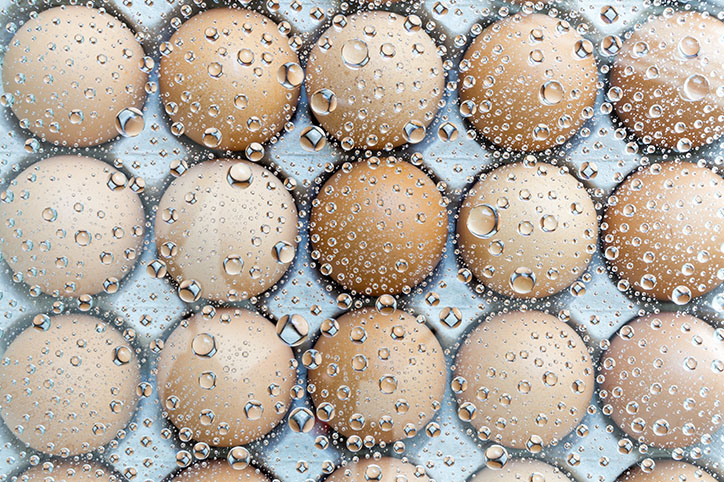Women are having babies later and later in life. And while age is certainly an important factor when trying to conceive, these days there are ways delay your biological clock. Egg freezing is one of those ways. Egg freezing (also known as oocyte cryopreservation) is slowly becoming mainstream. While it was once considered experimental, that is no longer the case. But a lot of questions while you are researching the process, including cost and the success rates of becoming pregnant with eggs that were once frozen.
If you’re one of the millions of women who are considering freezing her eggs, here’s what you need to consider before you move forward:
What does egg freezing mean, exactly?
The process of egg-freezing (oocyte cryopreservation), involves stimulating the ovaries with hormones to produce multiple eggs, retrieving the eggs from the ovaries and taking them to the lab, where they’re cooled to subzero temperatures to be thawed and used at a later date.
Age Is Important
Age is an important factor when it comes to freezing your eggs. Many women are deciding to undergo this medical procedure during their early 40s or the late 30s, but medical research shows that live birth rates are highest in women whose eggs are frozen in their late 20s or early 30s. Keep in mind that patients should also take into account other factors such as how many children they want and when they would like to begin their first pregnancy.
Compare clinics
Not all fertility clinics are created equal. If you are thinking about freezing your eggs, find a clinic that has plenty of experience with the procedure. Ask the clinic to provide you with success rates with egg freezing from their own data – no average figures based on published date from other clinics. It’s also a good idea to ask what the success rates are by age. Clinics that have experience thawing eggs have often worked with donor eggs from young women in their 20s. These eggs may be more likely to thaw without damage, and are undoubtedly more likely to produce healthy pregnancies and babies. But what are the numbers if you are in your 30s?
Know the Numbers
The odds of having live birth from frozen eggs vary on age. A woman aged 34 needs 10 frozen eggs to have a 75% odds of a single live birth. This success odds lessen as the patient ages. And not all preserved eggs can surpass the thawing process. So if you are married or you have a partner but still can’t conceive at the moment, chances are the clinic will recommend you to go for a frozen embryo instead of a frozen egg as it has a better chance of success.
Above all else, doctors say, women considering freezing their eggs need to understand that it does not ensure a baby in the future. Along with problems that could arise with the eggs, there are many other causes of infertility — male issues like low sperm count, for example, as well as women’s issues such as endometriosis and polycystic ovary syndrome — that could interfere with plans to get pregnant.
Save Up
Eggs freezing is not cheap. The preparation and retrieval process alone costs around $10,000 on the average, while the storage charges is around $800 annually. Many women who want to undergo the procedure are held up due to financial constraints. So the sooner you save up, the better.
In general, insurance coverage for costs associated with freezing your eggs remains spotty, though some providers may help foot the bill for some medications. Out-of-pocket expenses run around $7,500 to $12,500 for every egg-freezing cycle, between $2,800 and $5,000 for medication, and up to $800 per year to store the eggs. And sometimes, depending on a woman’s age and the quality of her eggs, multiple rounds are needed to retrieve the recommended 10 to 30 eggs. For a single round, egg freezing costs start around $5,000 and some women spend twice that.








